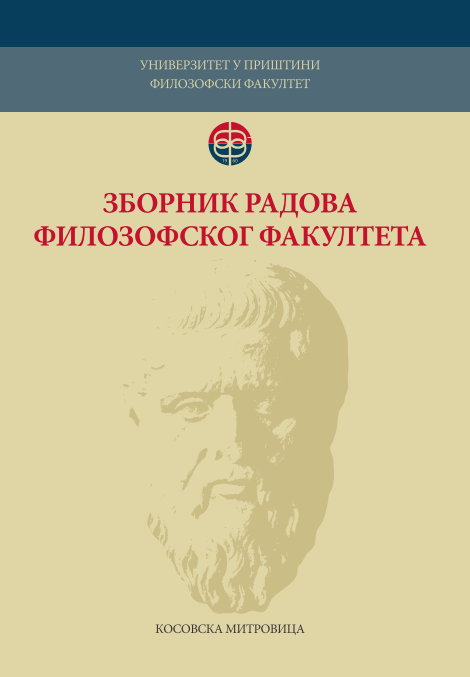Weasel claims in advertisements in English and Serbian
Weasel claims in advertisements in English and Serbian
Author(s): Mirna M. Vidaković, Zora Trninić-JanjićSubject(s): Language studies, Language and Literature Studies, South Slavic Languages
Published by: Филозофски факултет, Универзитет у Приштини
Keywords: weasel claim; advertisement; cooperative principle
Summary/Abstract: This paper investigates the use of weasel claims in advertisements in English and Serbian. Weasel claims represent a form of covert communication and are characterized by the use of deliberately vague and misleading language. In the advertising discourse, this linguistic device helps advertisers to deal with sensitive issues, overcome consumers' distrust and thus influence their behavior. The research has been conducted on a corpus of 100 advertisements that belong to various categories, such as cars, cleaning products, cosmetics, drinks, food, etc., published in printed magazines and online sources from the year 2000 onwards. The aim of the analysis is to identify manifestations of weasel claims in the corpus, establish similarities and differences regarding their use in the given languages, and show how they influence the interpretation of the advertising message and create consumer behavioral patterns. Descriptive and contrastive analyses have been employed in the research. The study also draws on Grice's Cooperative Principle. The results will show that this deceptive tool is widespread in both languages and that its use in the advertising discourse in Serbian requires further research.
Journal: Зборник радова Филозофског факултета у Приштини
- Issue Year: 47/2017
- Issue No: 1
- Page Range: 127-147
- Page Count: 21
- Language: English

